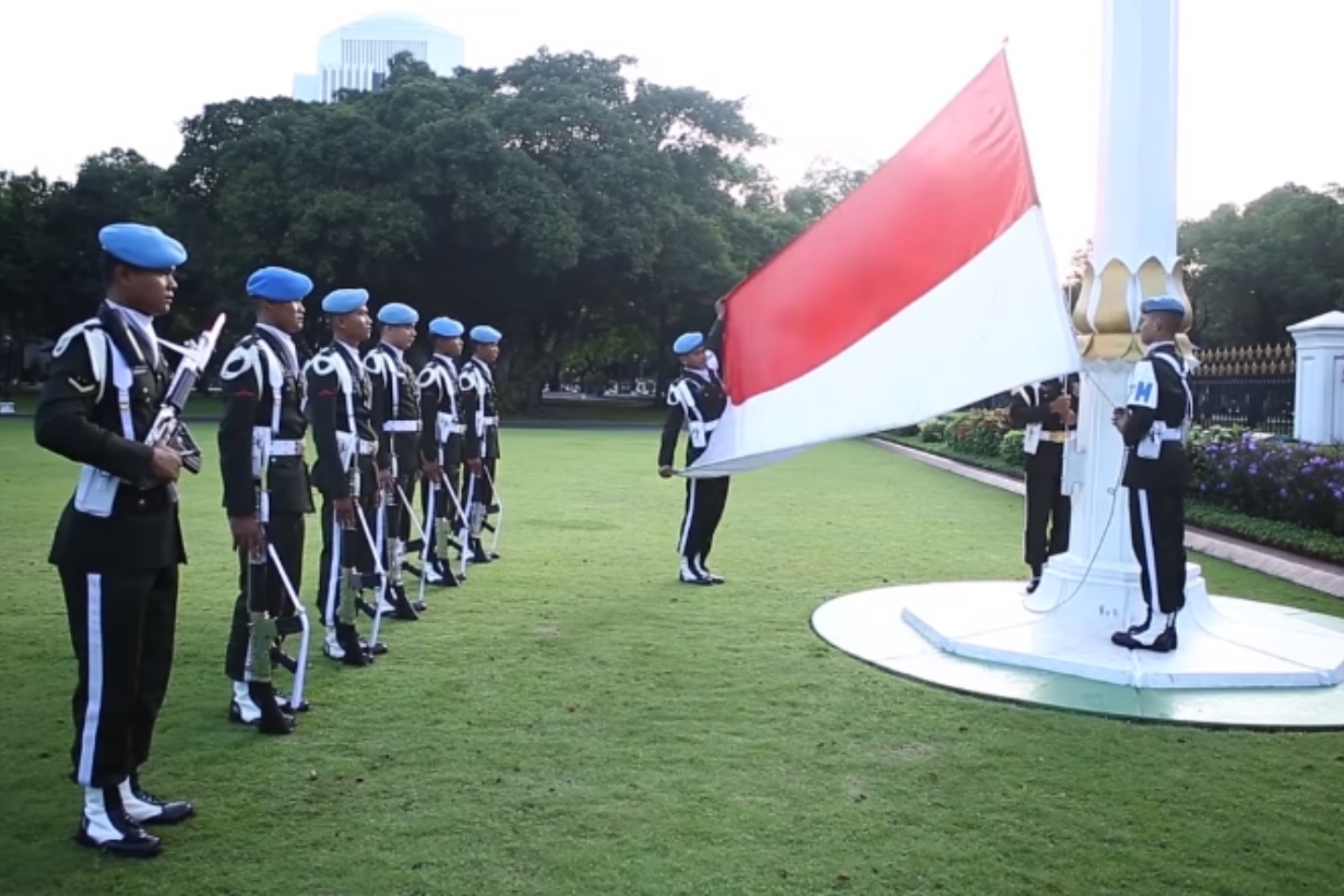
The federal government’s ‘Blueprint for Trade & Investment with Indonesia’ was released late last week by Australia’s trade minister Dan Tehan. And it came at a good time, as both Australia and Indonesia seek a way to re-build their economies from the two year Covid-19 pandemic that has stopped many business opportunities in its tracks.
The document ( https://www.dfat.gov.au/sites/default/files/blueprint-trade-investment-indonesia.pdfis) is the result of a lot of good work by the team at DFAT and also Austrade, and it identifies plenty of opportunities for Australian business as Indonesia continues its march towards becoming the World’s 4th largest economy by 2050. It is also a well-timed reminder that despite the terrible handling of the AUKUS submarine deal by our prime minister, many existing business links with Indonesia remain robust and long-lasting, making our focus one of using this strong base for attracting new business and investors into this dynamic market as Indonesia emerges from Covid.
My only real concern with the ‘blueprint’ is that our focus, as always, is about how we can ‘sell stuff’ – including services – to Indonesia. That’s OK, but very transactional in intent and ignores the need to build closer ties with our Asian neighbour and develop a better understanding of our respective cultures and needs.
Take healthcare, where huge opportunities exist for Australian business to invest and develop partnerships to meet Indonesia’s future healthcare needs to cater for its current population of 271 million people. Meanwhile, here in Australia we are desperately short of nurses and also aged-care staff, so is there a match here to provide opportunities for the people of both countries?
Indonesia today has thousands of young, qualified, and English speaking, young people who could professionally fill these roles given the natural caring nature of Indonesians. But we don’t provide that opportunity, making it impossible for the health sectors to complement each other, yet with some effort, six month bridging programs could be redeveloped here with the private sector to make qualified Indonesian nurses ‘job-ready’ for our Australian hospitals and aged-care facilities. A win-win for both countries that would also build improved people-to-people relationships between our two nations.
Agriculture tells a similar story. Seasonal workers from Indonesia could earn excellent incomes during harvest and fruit-picking season here, whilst saving our farmers from watching crops waste away. For years Indonesia has been deliberately excluded from the Seasonal Worker Scheme that has welcomed workers from the Pacific Islands and East Timor to provide critically needed labour during harvest season. The federal government has indicated that it is prepared to extend that scheme but nothing really happens.
And hospitality? Just ask any of the wonderful young, experienced, and now unemployed hospitality workers in Bali if a two year stint in Oz would help us with our chronic shortage of trained staff whilst helping their families back home? Here in Western Australia many cafes and bars in our regions simply cannot open to full capacity due to the lack of staff, yet our state government uses the worn-our rhetoric that, ‘Jobs are only for West Australians’; appealing to their loyal followers who are terrified of foreign workers stealing our jobs, whilst refusing to acknowledge that our population is simply too small to meet the demands of our relatively strong economy. As most of us know, there are hundreds of 5-star trained hospitality staff currently unemployed in Bali, and they all speak English better than most of us, whilst being able to prepare food, make coffee and serve tables in a friendly, professional and respectful manner. This would signal to Indonesia that we are more than just a fair-weather friend who is prepared to support our friends in the region whilst unashamedly meeting our own needs as a community.
Indonesia is also a tech-savvy community and many of the 100 million young people under 30 years of age are using or developing tech-based opportunities from simple app development to advanced software. We need to get our young people together and let them ‘fly’. So what does our government do? Increases the incentive for Australian students not to learn the Indonesian language. Dumb and short-sighted.
And finally we overlook the opportunity to use ‘soft diplomacy’ effectively in dealing with Indonesia. Every weekend 56 million Indonesians either attend football (soccer) matches or watch it on TV. It is very big business and we have numerous young Aussie players here right now who play, or have played and lived, in Indonesia. They understand the language, the culture and are on a first-name basis with many of Indonesia’s most prominent business people. So do we use them? Not interested. Even more short-sighted.
It’s all very well having a ‘Blueprint for Business’ with Indonesia – and this DFAT document provides a valuable insight into the real opportunities that exist in this exciting region – but until our federal and state governments extend a genuine hand of friendship and partnerships to our giant neighbour, the relationship, that is currently warm and cordial, will just bumble along never achieving the really outstanding opportunities of a broader, more trusting and progressive relationship that we continue to talk about year after year.
Ross B. Taylor AM is the president of the WA-based Indonesia Institute Inc and a former WA government commissioner to Indonesia








